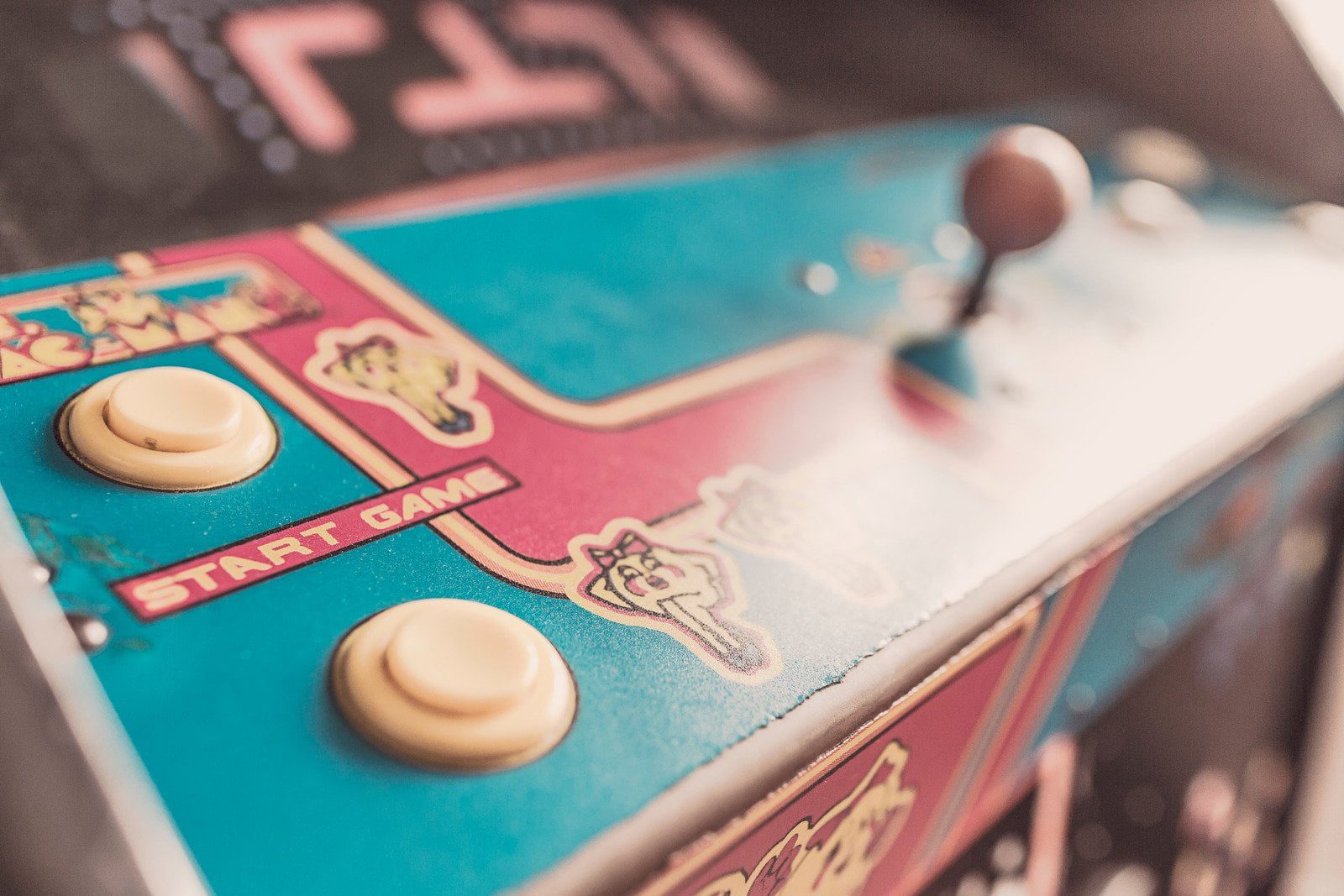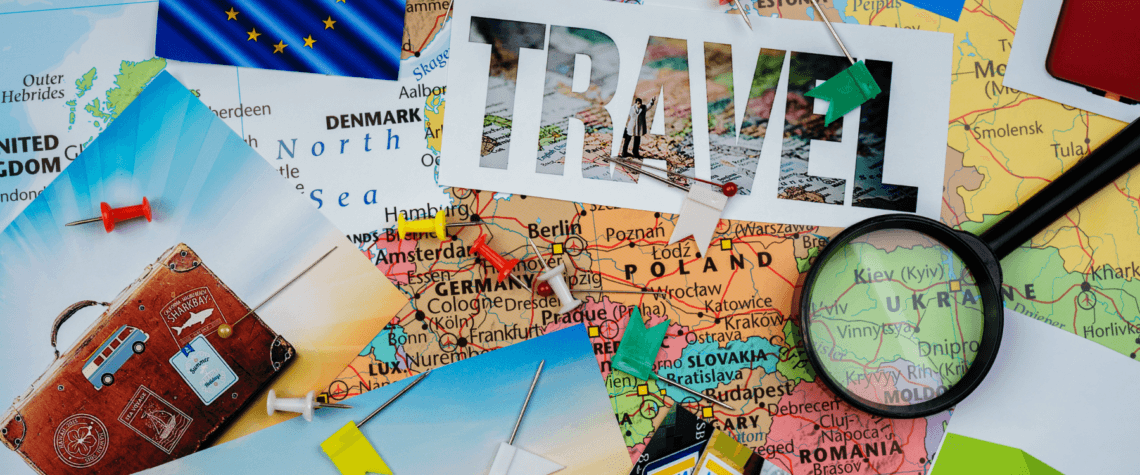Latest Posts


Why Computer Games Are More Than Just Entertainment
Are you ready to level up your understanding of computer games? Dive into this blog post to discover…
May 30, 2024


Top 10 Must-Play Computer Games of All Time
Step into the world of computer gaming, where pixels meet passion and virtual adventures come to life! From…
May 28, 2024


How phone games are revolutionizing the way we play and connect
Welcome to the exciting world of mobile gaming, where entertainment meets connectivity in the palm of your hand!…
May 27, 2024


Fortress Frenzy: Build and Battle in a Card Game Clash
Introduction to the world of card game battles Welcome to the exhilarating world of card game battles, where…
May 26, 2024


Cat Cafe Capers: Run a Purrfect Cafe and Care for Adorable Felines
Introduction to Cat Cafes Welcome to the wonderful world of Cat Cafes, where coffee meets purrs and relaxation…
May 25, 2024


Odyssey of the Olympians: A Heroic Journey Through the Myths and Legends of Mount Olympus
Imagine soaring through crystalline skies alongside winged demigods, witnessing epic battles between legendary heroes and monstrous beasts, and…
May 25, 2024


Cosmic Capers: Explore a Universe of Quirky Characters
Introduction to the Cosmic World Welcome fellow space enthusiasts to a cosmic journey like no other! Get ready…
May 25, 2024


Battle Royale: Last Man Standing
Introduction to the concept of Battle Royale games Welcome, gamers and thrill-seekers alike, to the adrenaline-fueled realm of…
May 24, 2024


Alchemist Academy: Potion Brewing for Beginners pen_spark
Introduction to Alchemy and Potion Brewing Welcome to the mysterious world of Alchemy, where magic and science intertwine…
May 24, 2024


Melody Masters: Compose Your Own Catchy Tunes pen_spark
Introduction to the Power of Music Music has a magical way of touching our souls, stirring emotions, and…
May 19, 2024






